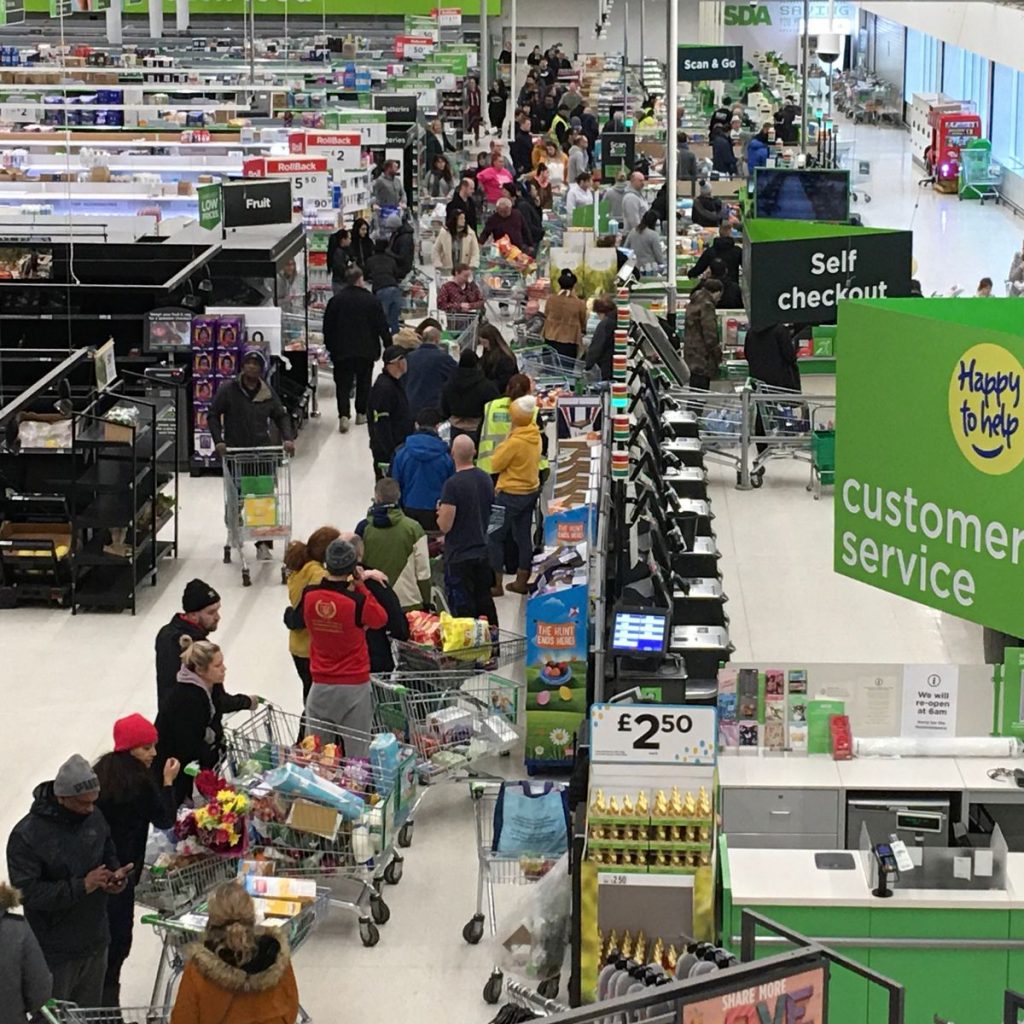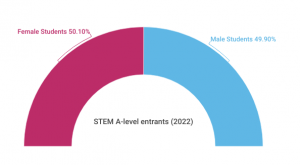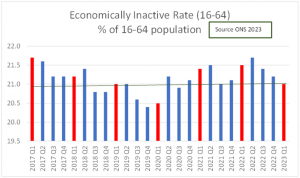Are we saying goodbye to human checkouts?

We live in a world where technology has basically taken over livelihoods and initially has helped for the better. We can order things online and they’ll come the next day or even on the same day.
But does this mean that it creates less jobs for our community? Big supermarkets like Aldi, Lidl, Tesco and Asda all have self-checkout service machines which allows shoppers to have an easier shopping experience every time they buy their shopping.
The rise of the machines has stirred conversations within certain communities about how frustrating the machines can be. Nearly 10 years ago, a research was released about self-service checkout machines and nearly 93% of consumers found the machines frustrating and overwhelming.
Although the statistic has visibly declined as people learned how to use and understand them, it has given big supermarkets the opportunity to have more self-service machines in progress than actual human checkouts.
Modern technology has given supermarkets the opportunity to become more accessible for those unable to do their weekly shopping, from those unable to leave their homes to those to busy to physically go to the shops.
Some certain demographics like over 40s have complained saying there are “too many self-service checkouts” and “miss the hospitality” human checkouts provide. While other of the younger demographic find the machines “initiative” and “helpful”.
Data specialist Christopher James said “taking away jobs will not be sustainable for the future” as it’ll affect the UK economy as it allows big companies not to pay their taxes.
It is uncertain if supermarkets will fully get rid of human checkouts but we do know that machines are not 100% perfect and still require human support. Machines also cannot do all of the jobs a human could do like provide customer service and stocking the shelves.





